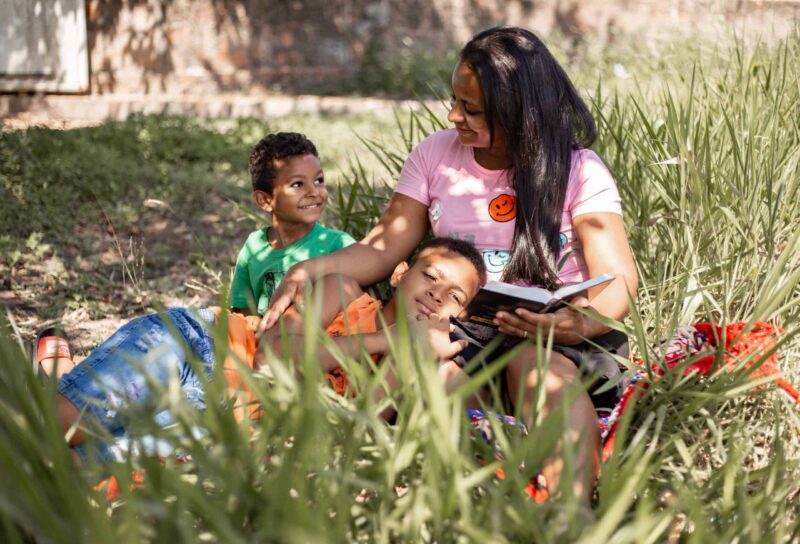Rwandan Genocide: Where Were God’s People?
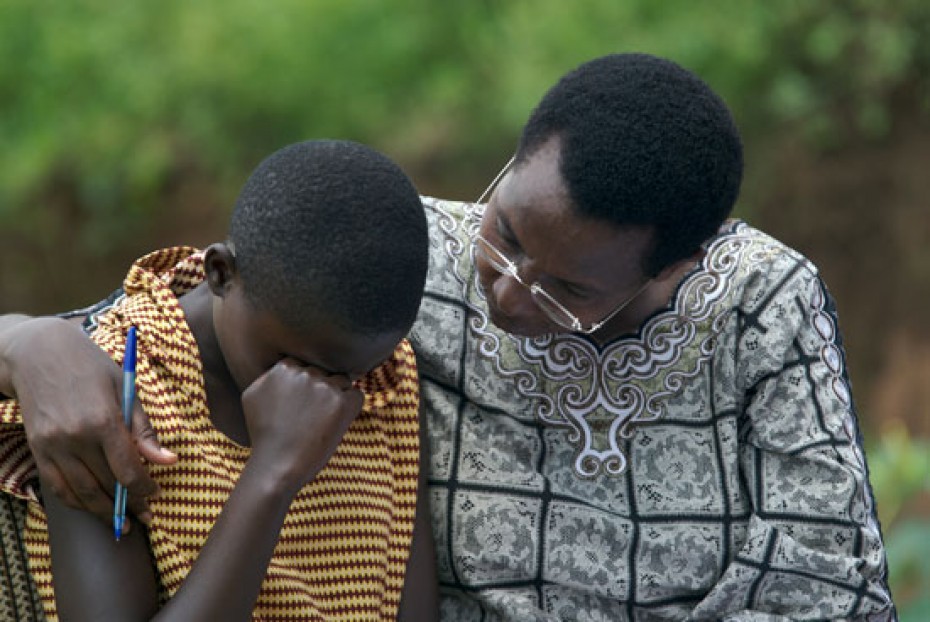
At the time of the Rwandan genocide in 1994, Gary Haugen, a senior trial attorney for the U.S. Department of Justice, was given an assignment to serve as the Officer in Charge of the U.N.’s genocide investigation in Rwanda.
He had seen a lot of injustice in the past, working to combat human rights abuses around the world. And in Rwanda, he stood amid it. He led a team in gathering evidence against those who perpetrated the genocide.
He didn’t just fight a legal battle from afar; he stood at the sites of mass murder and mass graves, and looked into the ugliness of this world.
And his response to it was quite surprising to me.
When you are standing in a mass grave in Rwanda, the question that came to my mind was not the question that was coming to everyone else’s mind perhaps. I’ve had people ask me, Where was God in the midst of all of this?’ But I could sense, at least from Scripture, what I knew of my heavenly Father, was that I knew where God was: He was right in the midst of all that incredible suffering. The more relevant question for me was, ‘Where are God’s people?’
What I also saw so clearly was the biblical mandate, because when you go through Scripture with an eye for that, all of a sudden there are these very clear commands: Micah 6:8, ‘He has told you, O man what is good and what the Lord requires of you, but to do justice, to love mercy, to walk humbly with your God,’ or Isaiah 1:17, ‘Seek justice, rescue the oppressed, defend the orphan, plead for the widow.'”
– Excerpted from RELEVANT magazine, “A Call to Justice,” March/April 2007 with permission.
Rather than raging at God, like I sometimes feel tempted to do, Haugen knew that this was a matter for the church. It was our responsibility to do justice, to rescue the oppressed, to plead for the widows and orphans.
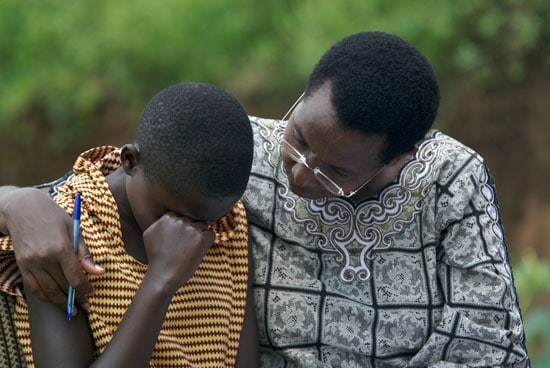
Laurent Mbanda is the Vice President of the Africa region for Compassion and also a native Rwandan. He wrote the book, Committed to Conflict: The Destruction of the Church in Rwanda, about the church in Rwanda and how it was involved in the genocide.
Rwandans had a common saying: ‘God spends the day somewhere else, but spends the night in Rwanda.’ To many, God left Rwanda on 6 April 1994 and did not come back until the final defeat of the Rwandan army by the RPF soldiers.
But not only did God seem to have left, some church leaders seemed to have allowed, blessed and even participated in the slaughter.
According to Mbanda, a history of prejudice and political involvement in the Rwandan church, dating back to Belgian colonial times and early Christian missionaries, set the stage for the unthinkable. Where were God’s people in the Rwandan genocide? Unbelievably, some were right there, supporting it.
What did Haugen do in response to what he saw?
I would have despaired. But fueled by what he saw, Haugen knew what he must do. He knew it was the church’s responsibility, our responsibility, not to wink at the injustices of the world, but to stop them. He founded the International Justice Mission, an organization that secures justice for victims of slavery, sexual exploitation and violent oppression in 12 countries around the world. This organization partners with us to help protect children who might not otherwise have someone to speak up for them.
What is your response when you read about the ugliness of the world? Do you want to close your eyes or just despair? It sure is tempting. But rather than giving up, Haugen went to the Scriptures to see what God’s call was on him, and he obeyed. He is now mobilizing the Church to be the ones who don’t look away, but who show up when the world needs it most.
Photo by Phoebe Graves
We originally published this post on April 6, 2009, the 15th anniversary of the genocide in Rwanda.
Continue Reading ›Your Sponsored Child’s Most Prized Possession
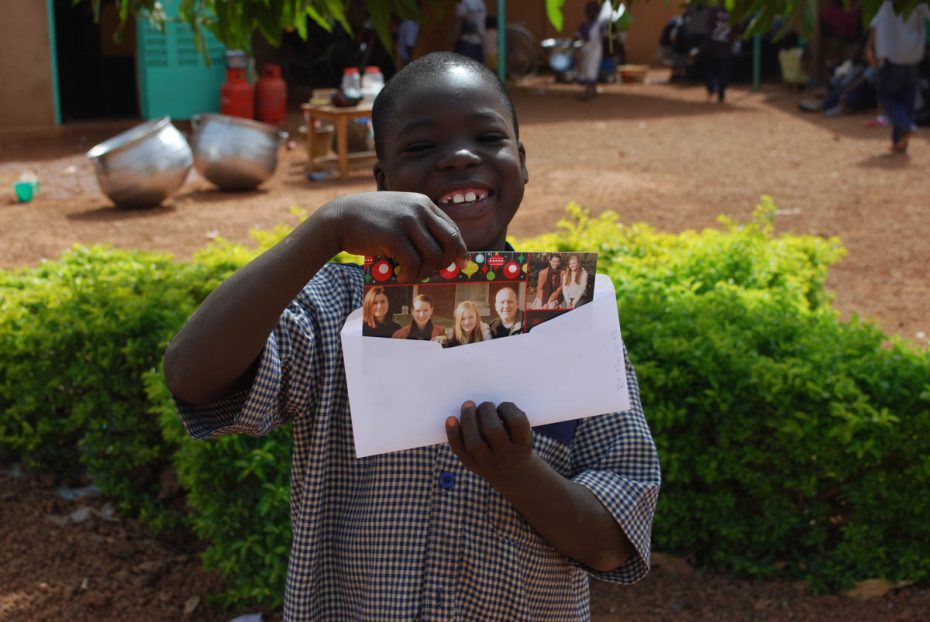
Here’s a photographic look at what some children around the world consider their most prized possessions. And it’s not their toys.
Continue Reading ›Break Through the Fog
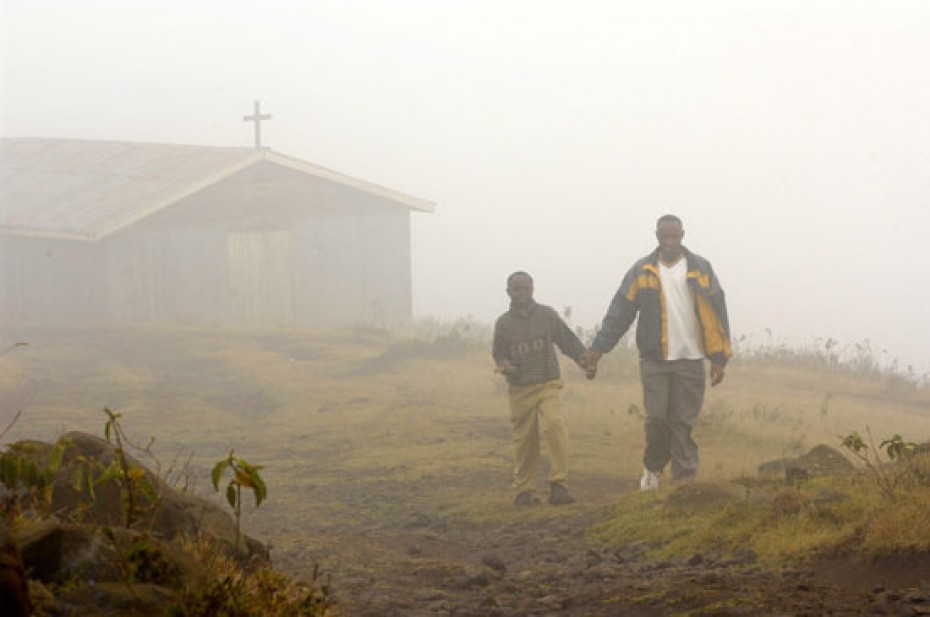
As we prepare for the Easter season, there may be some of you who are in a place of fog. You can’t see clearly what’s ahead of you. You might even be wondering if God is with you at all because the fog has been with you for so long.
Continue Reading ›#BestDecisionEVER

Hashtags are a cultural phenomenon. And today we are having a little fun with our friend, the hashtag.
Continue Reading ›What Do You See in This Picture?
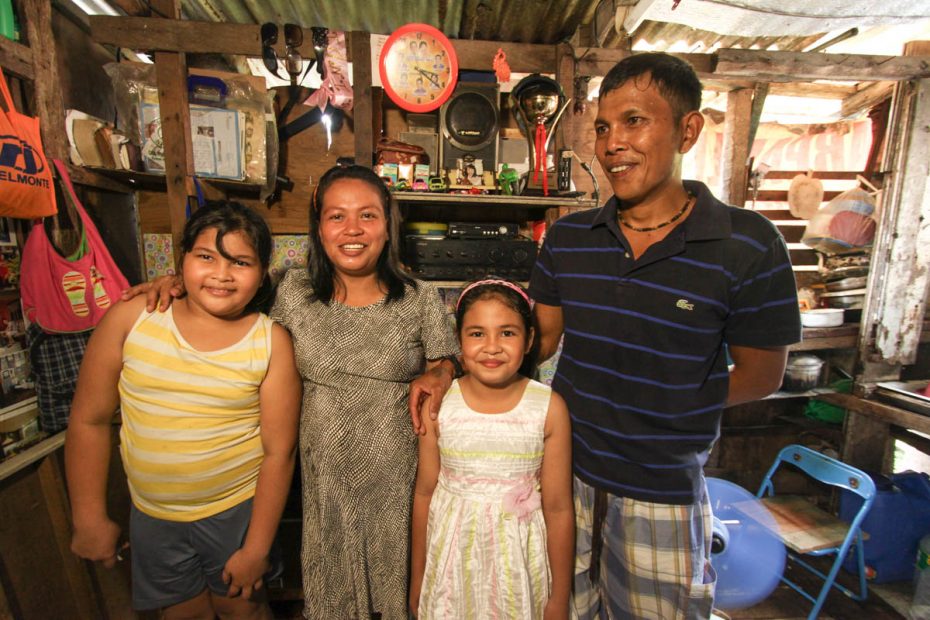
There are many things to notice in this picture, but perhaps what stands out are the things you wouldn’t normally see.
Continue Reading ›Who is Your Hero?

You, the sponsor of a child living in poverty, are a hero. And you may not feel like a hero, but you are one.
Continue Reading ›Compassion Water of Life
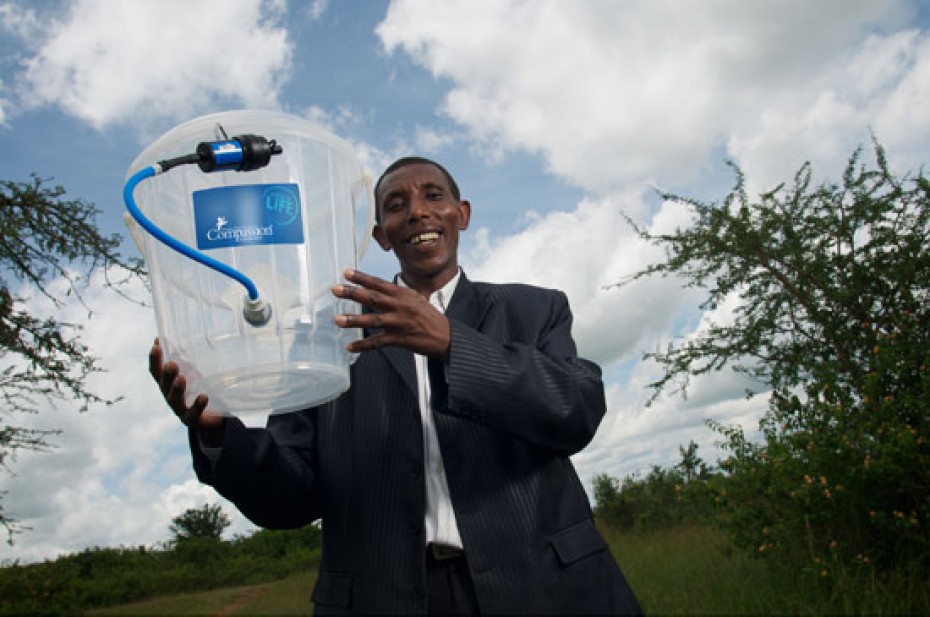
Drink water and suffer diarrhea, don’t drink water and develop bladder stones. It’s a Catch-22 in desperate need of a solution.
Continue Reading ›Rainwater Harvesting Brings Clean Water
Odisha is one of India’s poorest states, with a huge tribal population living on less than 50 Indian rupees or INR (about 90 U.S. cents) a day. Dumeerjore is a remote village in the Balangir district of Odisha, where Compassion ministers to 305 children and their families in partnership with a local church.
Sixty-one percent of the district’s population lives below poverty level, and about 30 percent are undernourished. The economy of the region is agrarian, with 75 percent of the area dependent on rainfall, 80 percent of which comes from monsoon rains between June and September.
The district has suffered from four major droughts in the last hundred years, with drought frequency increasing since the 1980s. Deficit rainfall and variation of its distribution have resulted in frequent crop loss for the tribal people, forcing them to migrate to other states for work at brick kilns and constructions sites.
Common health problems the children and families struggle with include anemia, sickle cell disease, malaria, tuberculosis, jaundice and diarrhea. Tribal people typically do not seek treatment from physicians, relying instead on self-appointed healers and “witch doctors.”
In recent years, water scarcity has become a bigger problem in Odisha villages. Scanty and erratic rainfall has led to a rapid decline in the number of traditional water bodies in Dumeerjore and other villages in the Balangir district.
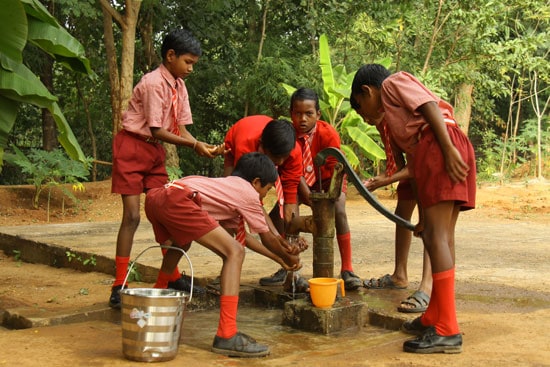
The development center in Dumeerjore did not previously have the means to store water for future use. Every year during summer, the water level went down, making it difficult to simultaneously provide for the needs of children and kitchen staff using a single hand pump. The kitchen staff had to come early to fill up water in drums for cooking, and they had to stay late after the center’s activities ended to wash plates and make arrangements for the following day.
The center faced a big challenge simply conducting regular activities, because the single hand pump was not sufficient to meet 305 children’s needs. When the temperature soared, the community hand pumps dried up.
Children sometimes accompanied their parents to fetch water causing them to miss center activities and school. This not only affected their cognitive development but also their health.
In consultation with the partnership facilitator, the center wrote a proposal for rainwater harvesting to combat the recurrent water scarcity they faced every summer. (more…)
Continue Reading ›What Do You Want to Be When You Grow Up?
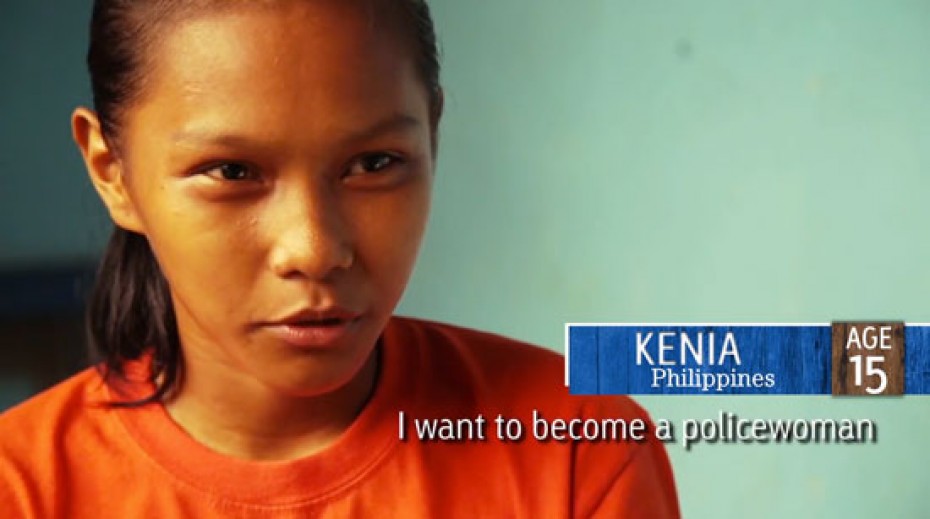
Children all around the world have dreams about their futures. We asked some of the children in our program what they want to be when they grow up.
Continue Reading ›The Value of Vocational Training
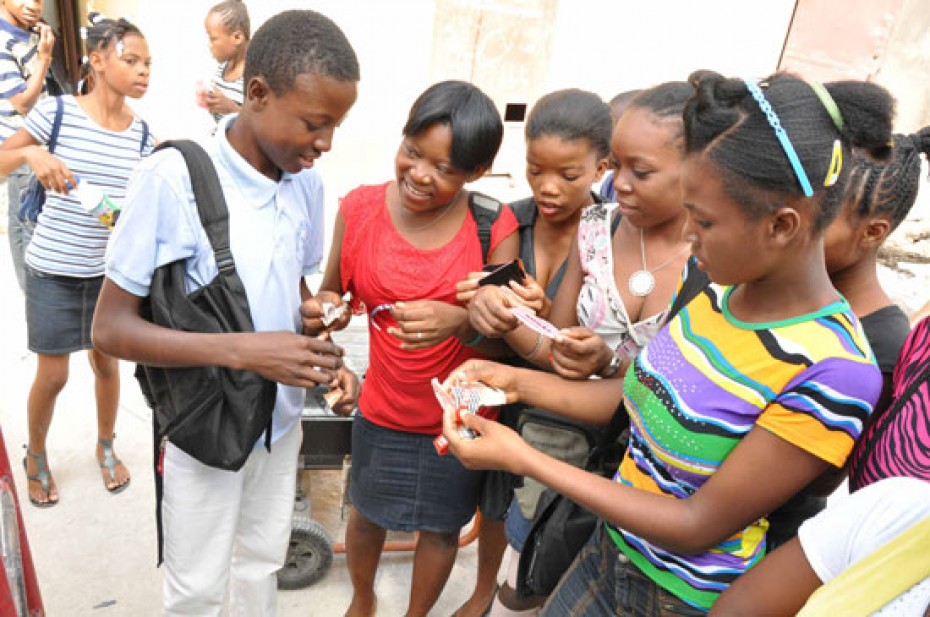
Enock always shares with his siblings that he is the one who will take over from his father as breadwinner. He says that he always feels uncomfortable when he sees his mom crying when there is nothing at home for them to eat.
Continue Reading ›Your Sponsored Child’s Photo: What Does It Tell You?
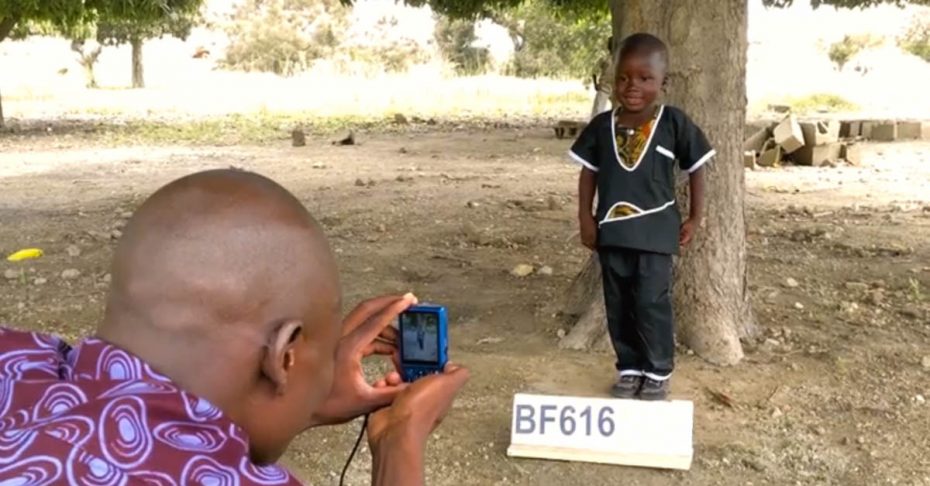
I’ve taken many calls from sponsors about the pictures of the children they sponsor. “Why is he wearing such nice clothing?” “Why is she not smiling?” “His newest picture doesn’t look like the boy I sponsored. Why?”
Continue Reading ›Desperately Waiting for a Letter
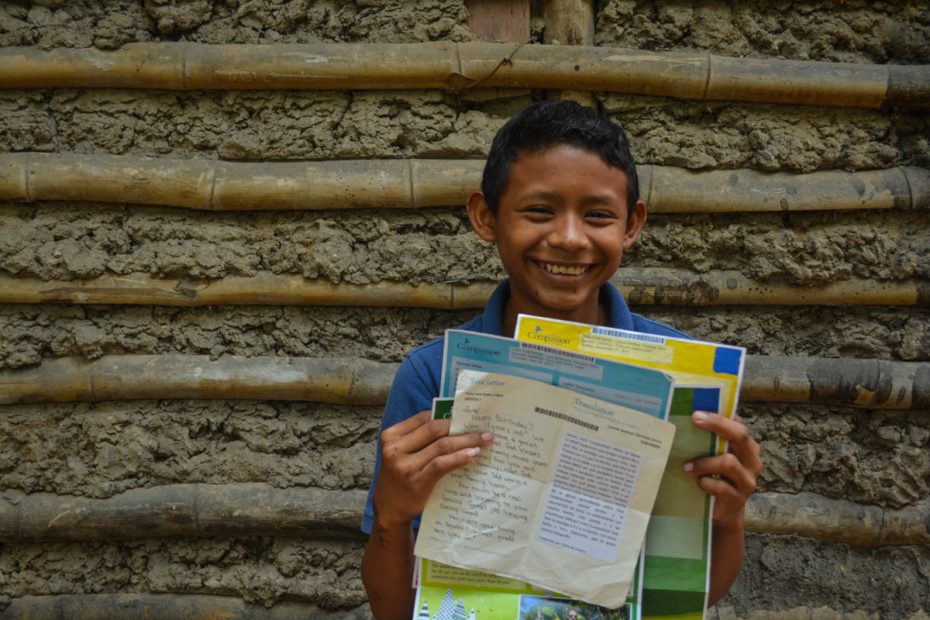
My head drops and I feel the tears clog my throat. My friends are all around me, buzzing with excitement and comparing letters. The rest of us who didn’t get a letter get quiet and walk away.
Continue Reading ›
